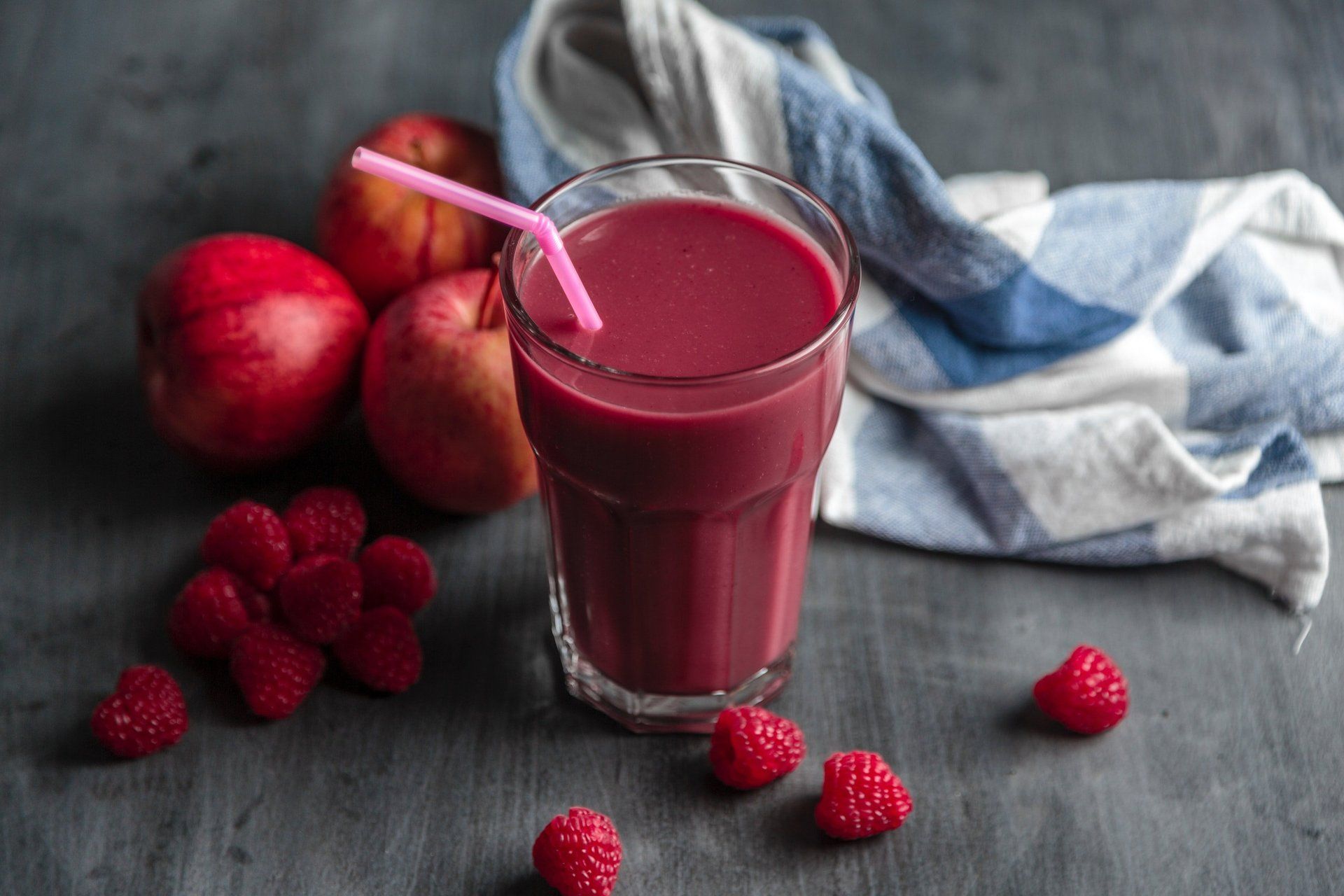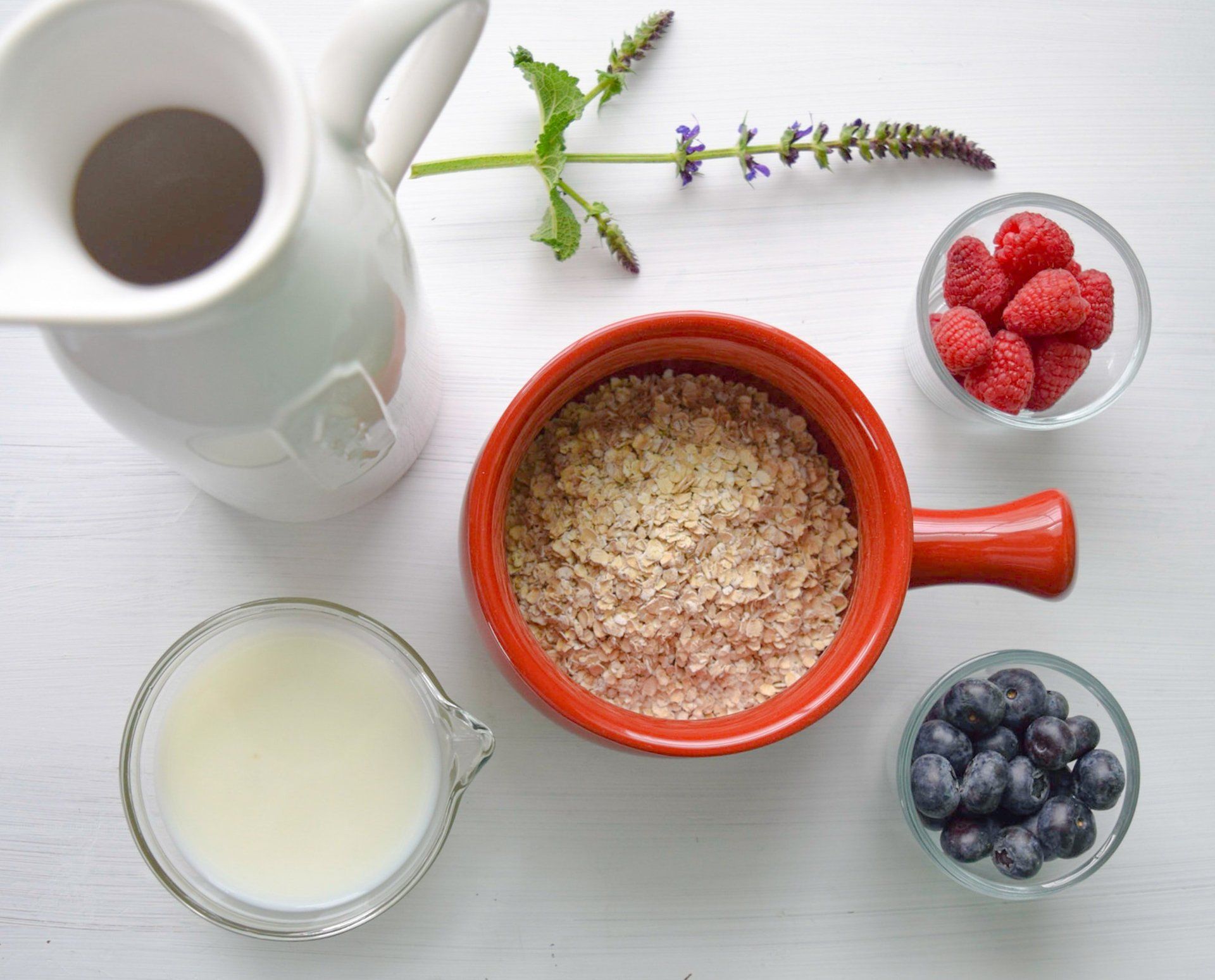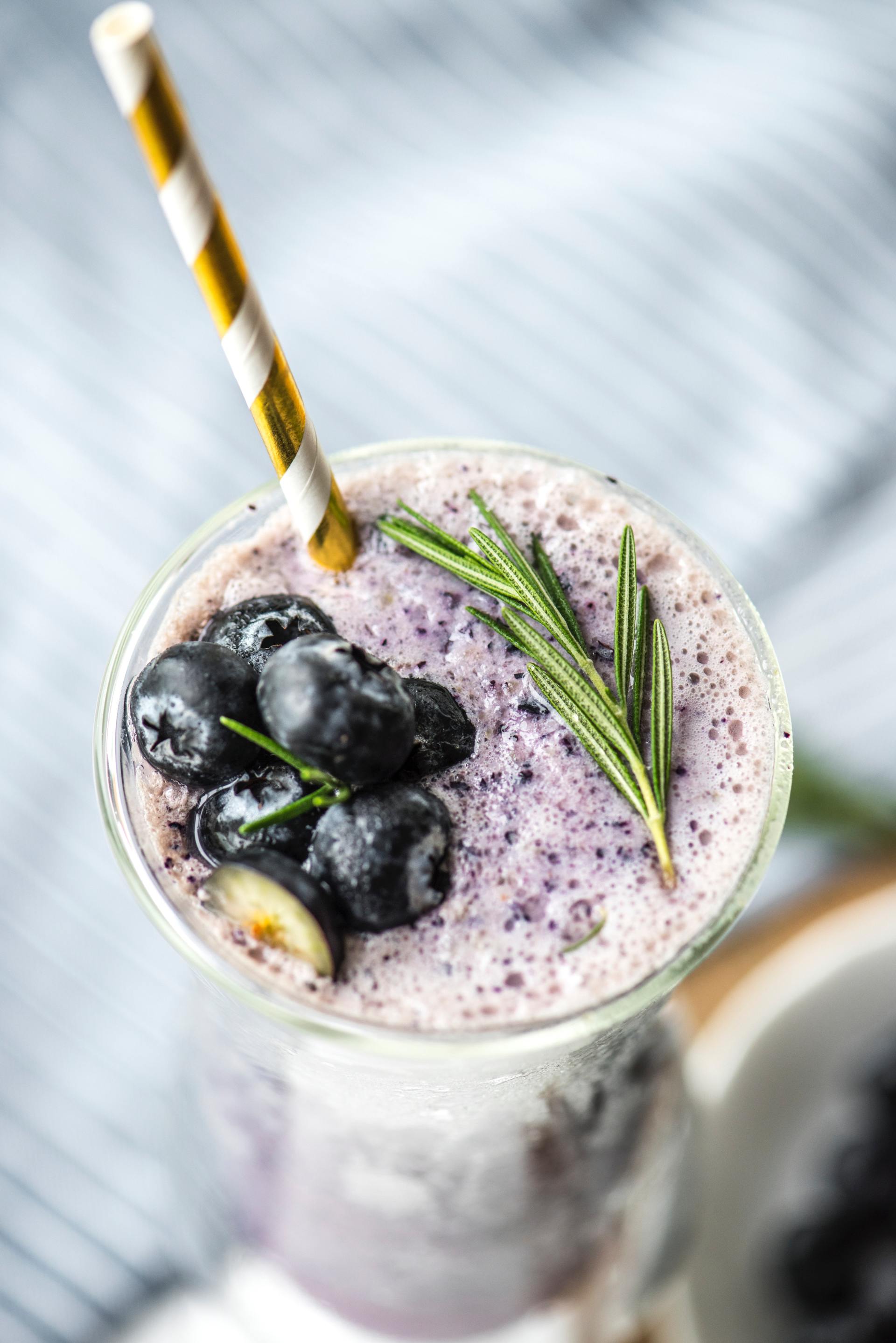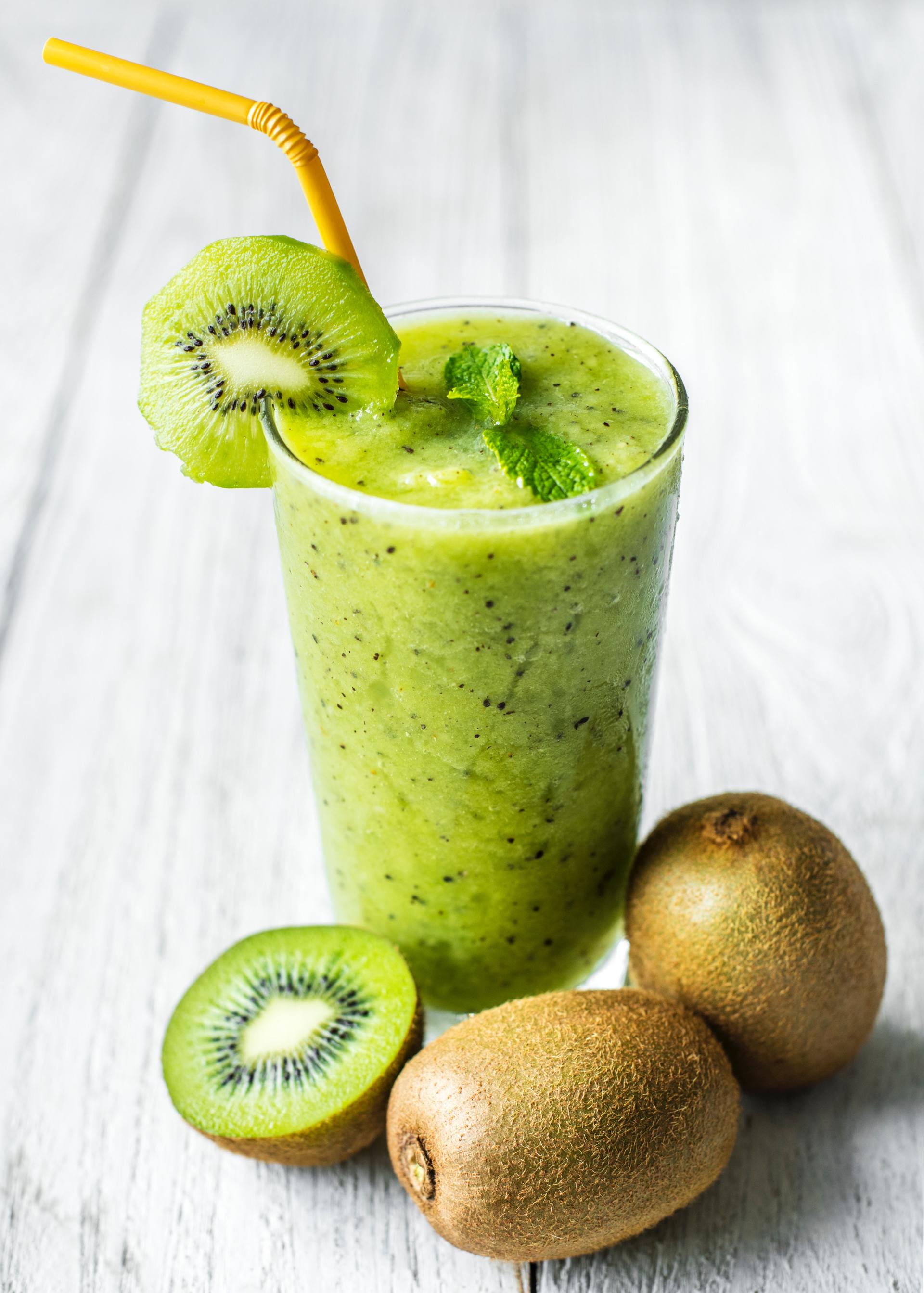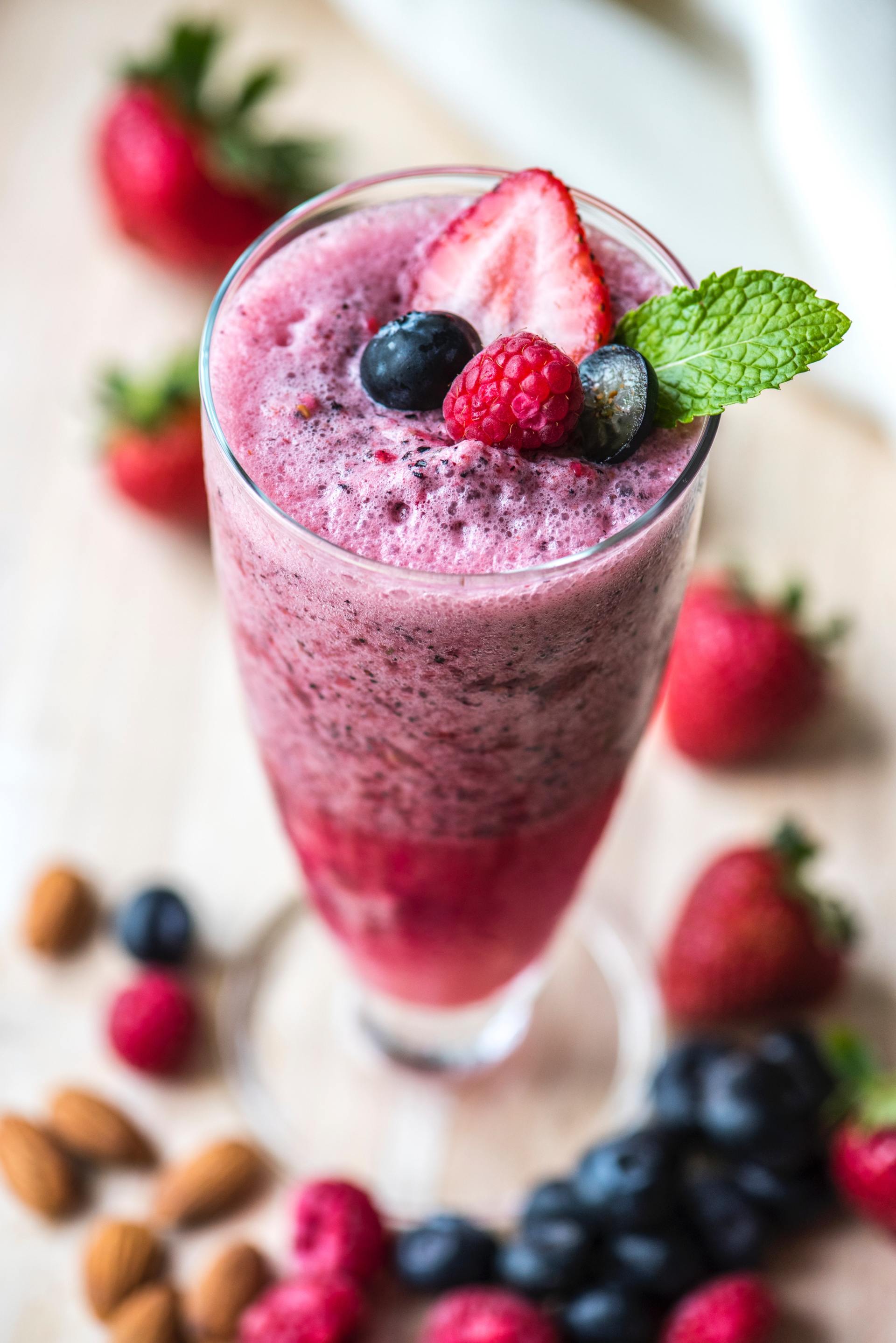By Sunny Matharu
•
October 28, 2020
When you think of meditation, what images come to mind? Do you imagine a monk sitting in an uncomfortable position for hours at a time? Do you get the feeling that meditation is boring and tedious? Think again! Meditation is easy , relaxing, and you don’t have to be in a monastery or on a retreat to see helpful and immediate benefits. Meditation for beginners can seem daunting and kind of dull, but don’t worry. In this article, we’re going to share some excellent meditation tips that will help you easily fit meditation into your life. You don’t need to be a devoted monk to practice meditation , and we’re going to share with you how meditation can vastly improve your life (reduce stress and even heal your body). Then we’re going to help you get started with meditation today so you can build a lifelong habit that you can depend on and even look forward to! Why People Meditate Ask anyone who’s practiced meditation for years why they meditate and they’ll happily tell you it’s one thing in life that they can rely on to make them feel good. When meditation becomes a habit, it transforms into a reliable source of peace and tranquility. Meditation is a respite for many people with high-pressure lives. Celebrities, for example, live extremely hectic lives — they face intense pressure from being in the spotlight and their work hours are often draining. Celebrities today are increasingly incorporating meditation as an essential part of their lives. Look at what some familiar faces have said about their meditation practice: “Meditation is a lifelong gift. It’s something you can call on at any time.” — Paul McCartney “Meditation is all about the pursuit of nothingness. It’s like the ultimate rest. It’s better than the best sleep you’ve ever had. It’s a quieting of the mind. It sharpens everything, especially your appreciation of your surroundings. It keeps life fresh.” — Hugh Jackman “It feels good. Kinda like when you have to shut your computer down, just sometimes when it goes crazy, you just shut it down and when you turn it on, it’s okay again. That’s what meditation is to me.” — Ellen DeGeneres These celebrities are onto something. People meditate, not out of obligation or a hope that it will be helpful. They meditate because it creates very visible, very real positive changes in their lives. The Benefits of Meditation for Beginners These positive changes aren’t just in their head either. Meditation has been scientifically proven to promote mental, physical and spiritual health. So, what can meditation help you with? Below are just some of the benefits of meditation: Reduces Pain — The brain has natural pain-reducing chemicals called opioids. Many pain-relieving medications trigger this chemical to flood the brain. Unfortunately, this has devastating side effects like addiction and withdrawal. Meditation, on the other hand, reduces pain without releasing these chemicals . Scientists are still baffled by these incredible results. Reduces Blood Pressure — Hypertension, or high blood pressure, is a deadly condition. Keeping your blood pressure in check is critical for good health and prevention of heart attack, stroke and heart disease. Turns out meditation is one of the best things you can do to keep your blood pressure in check. Ease Symptoms Of Anxiety And Depression — Anxiety and depression plague our world, and scientist are desperate for a cure that doesn’t come with tons of side effects. Nearly fifty studies later, researchers have come to a solid conclusion: meditation, without a doubt, alleviates anxiety and depression . Help You Quit Smoking (And Other Bad Habits) — Everyone knows smoking is incredibly dangerous. Study after study has proven that smoking is one of the worst things you can possibly do for your health, yet many are addicted with no hope of quitting. Forget patches, medication and just trying to quit cold turkey. Getting in the habit of meditation will give you nearly a 90% chance of stopping smoking and never relapsing. Become More Spiritual And Improve Your Life — Connecting with your higher self and something bigger than yourself always results in a positive experience. Even if you’re not religious, meditation gives you a sense of place in the world, and helps you cope with life’s daily stressors. It’s been scientifically studied and proven that meditation improves your quality of life . #10 Tips to Start Meditating Now that you’ve been introduced to the benefits and advantages of meditation, you’re probably eager to start. At the end of this article, we’re going to help you start meditating and build a daily, consistent habit. But first, keep these meditation tips in mind. 1. Start Small There are thousands of meditation techniques out there and some instruct you to sit for hours at a time, while others can be effective in just under five minutes. Don’t start out with the long meditations first. Focus only on meditating 2-5 minutes each day, then after seven days, add 2-5 more minutes. It’s not the length of time that matters, it’s merely the consistency and commitment to doing it every day that counts. 2. Remember, It’s Easy Speaking of techniques, don’t get caught up in the details of “how” you should meditate. It’s easy to get lost in the idea that you have to have the perfect space, the perfect meditation cushion and be in the perfect position. All of this is periphery stuff. Meditation should feel natural and easy, even if that means just sitting in your car on your lunch break. 3. Stick With A Method It can also be easy to get caught up in finding the “perfect” technique. Instead of trying a new meditation every day, it’s best to choose one type of meditation and stick with it for at least a month. If, after that time, you don’t feel like it’s working for you, explore something else. 4. Be Kind To Yourself This might be the most important tip to help you start meditating. Meditation is a respite, a quiet time, a time to be at peace with yourself. Treat yourself with complete compassion and kindness when you meditate. 5. Be Patient With Yourself We love to put pressure on ourselves to be perfect all the time, but meditation is definitely not the time and place for that. Allow yourself room to breathe and practice patience along with compassion for yourself. 6. Practice Non-Judgement There is no right or wrong when you meditate. It’s easy to think that being distracted, fidgeting, or having your mind wander are negative experience. But they are totally natural, and meditation isn’t about fighting or resisting those natural occurrences. It’s about experiencing them and allowing them. 7. Make It A Morning Routine The best way to start a meditation habit is to practice every single morning. It’s a great way to start your day, and it’s much easier to convince yourself to do something first thing in the morning than it is after a long, hard day. 8. Use Guided Meditations Guided meditations are audio tracks where someone walks you through each step of a meditation, and they are enormously helpful. They do exactly as they say: guide you through a meditation so you don’t have to think or worry about what to do. You can just sit back, relax and follow the instructions. 9. Find A Meditation Buddy Everything is easier with a friend. You can practice meditations together and share your experiences, or you can simply hold each other accountable. We’re more likely to commit to something when we’ve told someone else we’re going to do it. 10. Join A Community Even better, join a group of people committed to meditating. Not only will you find friends who share a common interest, you’ll be more motivated to participate when you feel the support of a community behind you. Building a Habit of Meditation If you follow along with the 10 meditation tips above, you’ll be off to a great start. So, how can you turn that great start into a daily habit? For any habit you want to start, there are a series of steps you can follow that will make the habit stick. How many times have you tried to start a habit, only to practice it a few times and then never do it again? Forming habits is actually fairly formulaic. Your brain creates patterns in a very recognizable and predictable way, so if you follow along with a natural habit-making formula, the habit will be more likely to stick. You can use this formula to start any habit, but we’re going to customize it in six simple steps to form the habit of a daily meditation. Step 1: Choose Your One Habit & Commit To It It’s easy to get excited about becoming a healthier happier person and before you know it you’ve committed yourself to yoga, meditation, a new diet and a workout routine . And then, before you know it, none of them are a part of your life anymore. This is because habits form one at a time. So take it slow. Commit to meditating every day and don’t start another new habit for at least 30 days, though depending on your personality, you may want to extend that to 60 days. Step 2: Attach Your Habit To An Established One Habits stick better when they become part of an already established routine. Whatever you do first thing in the morning — brush your teeth, take a shower, go for a walk — attach meditation to your morning routine. Immediately before or after your daily morning ritual, commit to practicing meditation. Remember, you only need to commit 2-5 minutes at first, then gradually increase that time to something that’s comfortable for you. Step 3: Tell Someone As mentioned in Tip #9, accountability makes us more likely to follow through. Announce it on social media or tell a good friend. The act of simply saying, “ I am committing to meditating every morning” is extremely powerful for building a habit. Step 4: Reward Yourself The biggest reason most people fail to solidify a habit is that they don’t find motivation early on. Here’s how most habits go… You start out strong with a lot of energy to make the good habit, that initial energy dies out, your motivation to continue eventually dies out, and in the end, you don’t actually build that habit. Break this pattern by giving yourself a reward every time you meditate. If a healthy reward doesn’t work for you, find something else to keep you motivated after the initial energy spark dies off. Step 5: Make Meditation Part Of Who You Are Instead of thinking of meditation as a something you’re going to add to your life, try imagining yourself as a meditator. This is a very small, but very powerful perspective shift. Owning the identity of someone who meditates strengthens and solidifies the habit. Step 6: Meditate Every Day Of course, the most important step in building a habit is to practice every single day. In the first 30 days, there will be times where it feels tedious and boring, but power through. Eventually, your brain will recognize the habit and it will become a natural part of who you are and what you do. Top Meditations for Beginners Now that you know how to start meditating and how to build a meditation habit, below are some guided meditations to get you started. Our best advice is to listen to all of them and find one that you really like. Then, practice that meditation every single day for at least 2 weeks. As an alternative, you can simply sit quietly, with your eyes closed and pay attention to your breath. Try it out for just a couple minutes each morning and then gradually increase the time. This is a very simple mindfulness meditation, but it can be very powerful. Enjoy!

